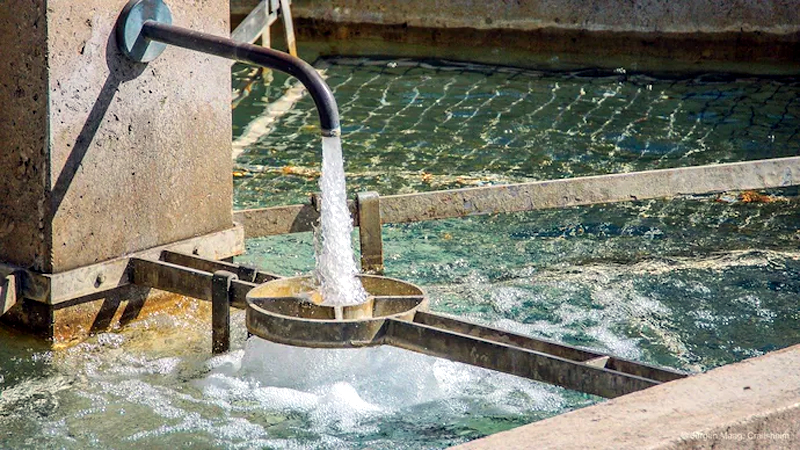Water scarcity is increasingly pervasive in at least 40 villages within the Bijbehara region of South Kashmir’s Anantnag district, as critical Water Supply Schemes (WSSs) languish in incomplete status. The ambitious objective of furnishing clean and secure drinking water in the Bijbehara division of South Kashmir gave rise to three water supply schemes: Watnar, Tantraypora, and Dachnipora. These projects were allocated substantial budgets; however, they are far from reaching fruition. The perpetually stalled water supply projects once again underscore the egregious issue of unacceptable protraction in project implementation. Residents voiced their helplessness in resorting to collecting untreated water from local streams, exposing themselves to waterborne diseases. The prolonged delays in completing these water supply projects once again underscore the issue of public importance being repeatedly ignored. Water, being an indispensable element of life, has garnered heightened attention from the Government, particularly in its commitment to ensuring potable water accessibility to every household through the Jal Jeevan Mission. Unfortunately, these vital water augmentation schemes, integral to the JJM, have surpassed established deadlines, leaving a substantial portion of the population grappling with acute drinking water challenges.
Budget allocation has been identified as the primary reason behind these setbacks. It is imperative to acknowledge that delayed projects not only exacerbate existing problems but also give rise to more intricate issues. Each delay leads to cost escalations, necessitating fresh approvals from authorities and, consequently, causing further delays in fund allocation. This cycle continues unabated, ultimately impacting the most vulnerable segments of the population. Given the transition to online project management systems, it is incumbent upon higher authorities to scrutinise and rectify the lingering issues. The new deadline for the completion of all three projects is set for December. The concerned authorities must address these challenges promptly to ensure the timely realisation of these essential water supply initiatives. The health and well-being of the affected communities hinge on the expeditious resolution of these pending matters as such delays must be avoided.
Trending Now
E-Paper


